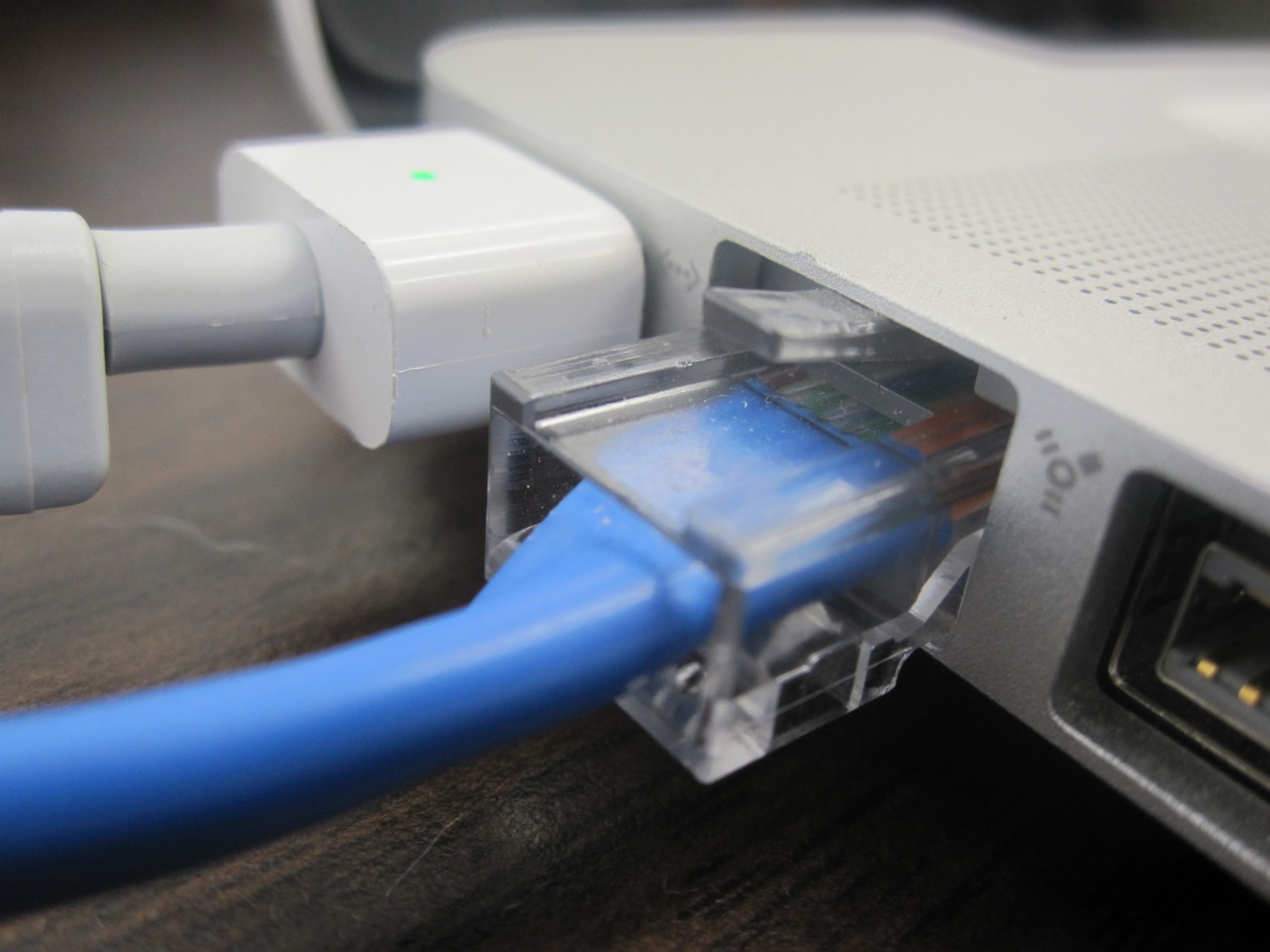 It’s inevitable that dentists will become integrated into primary care. There is far too much at stake with regard to patient health, managing costs of care, and delivering better clinical outcomes. Dentistry will inevitably become embedded in primary care, but the majority of dentists — along with their professional organizations — remain oblivious to this all but certain future.
It’s inevitable that dentists will become integrated into primary care. There is far too much at stake with regard to patient health, managing costs of care, and delivering better clinical outcomes. Dentistry will inevitably become embedded in primary care, but the majority of dentists — along with their professional organizations — remain oblivious to this all but certain future.
The further we move into digital healthcare, where all elements of a patient’s care are digitally linked, the more dentists will be compelled to act as integral parts of the patients’ primary-care team.
Digital healthcare platforms will all be linked via shared data and algorithms, and dentists will be mandated to participate in all of these digital formats. They will soon be participating in PHRs, EMRs and, EHRs, making them part of the primary-care system directed by digital processes. These systems will likely become mandated by governmental, insurance, and hospital protocols.
The pundits, consultants, and advisers in dentistry continue to focus on just two basic areas: how to make more money using the current design of most dental practices, and how to deliver more and better dentistry with greater efficiency. Few, if any, are focused on the tsunami that is soon to reach our shores: the demand for inclusion in primary-care programs, and the changes dentistry will have to make to meet this demand.
The pressure is increasing to control healthcare costs, improve clinical outcomes, and increase patient and community value. Because 64 percent of the population visits the dentist, dentistry is now seen as a principal avenue to deliver many primary-care procedures.
It has been shown repeatedly that delivering primary-care procedures in a dental office and sharing findings and data into a shared system significantly decreases costs throughout the system, as well as directly improves outcomes. Dental offices will be charged with performing tests, monitoring patients, and reinforcing protocols that improve outcomes.
Rather than getting ahead of this curve, dentistry will again likely try to fractionate itself from medicine — but this will no longer work. Dentistry becoming part of primary care is a fait accompli.
In our DEO programs, we have a few dentist-entrepreneurs who see this future as their future. They are actively incorporating medicine into their dental practices. They are building their group concept around this future. Some now have physicians on board. They are in close relationships with their local hospitals. They are getting smart at medical insurance. They are integrating physical and digital medical protocols into their delivery of care — far beyond a medical history and blood pressure reading. These dentists-entrepreneurs’ strategy is to become primary care nodes in the vast healthcare system. They are committed to leading the way. These dentist-entrepreneurs are the risk-takers and the future-makers.
To them: Thank you for your courage, vision, and intention. To me, you are what the DEO is about.




